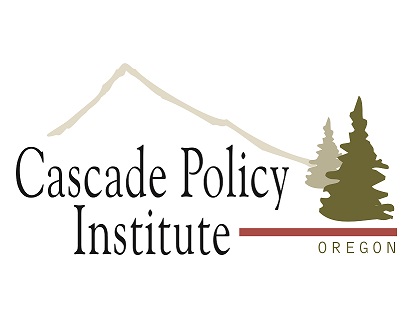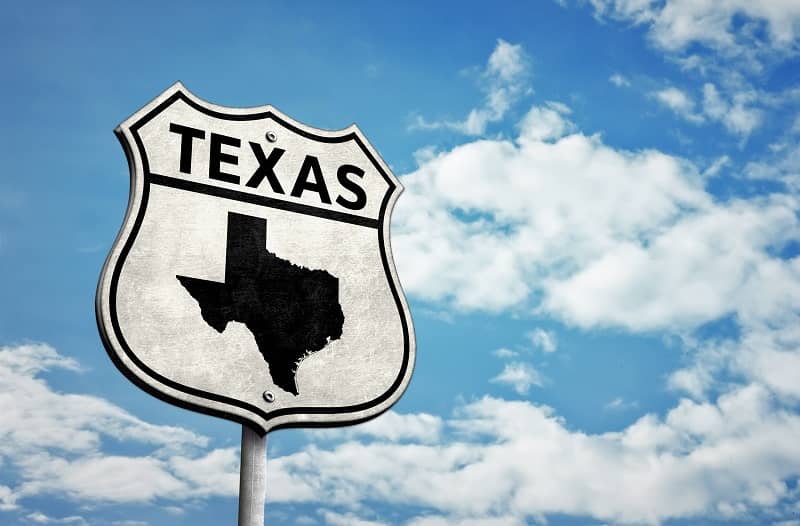Owls and Grouse and Wolves, Oh My!
by Karla Kay Edwards
State and federal endangered species listings have greatly influenced the economies and culture of Oregon’s communities for decades. Ironically, they have had relatively little success in actually influencing the species they want to recover. Still, government agencies refuse to abandon their monocular vision of individual species recovery. Broader policy objectives and market-oriented approaches would allow the integration of management decisions which address multiple species and other surrounding issues that hinder recovery. This can be achieved by returning the power of conservation to local and private entities that are more effective stewards of the environment.
Individual species, and our environment as a whole, no longer can afford the constrained vision of bureaucratic policymakers and judges dictating how to recover individual species with little or no consideration of the human communities and environment among which they live. In the famous classic The Wizard of Oz, a great all-knowing wizard from the Emerald City dictates what Dorothy, the Cowardly Lion, Tin Man and Scarecrow must do in order to be granted their desires. Like the Wizard, both the state and the federal government emulate this all-knowing entity with a solution to every problem, believing they can create a utopia as long as their mandates are followed by the “little people.” However, that has not proven to be true in the real-world implementation of recovery plans for many species in Oregon.
The sage grouse is currently a candidate species for listing as “federally endangered.” Once it is listed, government agencies will have little flexibility to work with landowners in a constructive manner, rather than a punitive manner, to improve sage grouse habitat. The constructive engagement of landowners could offer a litany of market-oriented solutions for species recovery. Juniper is known to serve as perches for the sage grouse’s predators, so landowners could receive incentives to manage these stands, which also provide improvements to other environmental conditions. Like the Cowardly Lion, the Oregon Department of Fish and Wildlife (ODF&W) must conjure up the courage to recognize that the regulatory approach to species recovery is unproductive and to work with landowners to develop market-driven solutions to enhance habitat, rather than multiplying burdensome regulations that constrain the use of their property.
The Tin Man dreams of getting a heart, but emotions run high in the recovery of gray wolves. A recent flurry of livestock depredation in eastern Oregon due to wolves has left ranchers feeling helpless. Environmentalists were outraged when ODF&W finally approved the lethal removal of a limited number of wolves. They filed a lawsuit which likely will provide a management mandate from a judge that will continue to heighten emotions, rather than provide a solution that considers the community and the cultures directly affected by the wolf population.
Real solutions between these two polarized parties?ranchers and environmentalists?lie within the local community. Developing a solution at the local level allows personal relationships, understanding and buy-in to the solution. In other words, it creates a heart for the community and the species. This can’t be accomplished by bureaucrats and environmentalists with no direct connection to the community. Regrettably, the Endangered Species Act doesn’t allow for the consideration of the affected communities; the species itself is the only consideration.
In the infamous words of the Scarecrow?“if I only had a brain”? it doesn’t take much knowledge to recognize that appropriate market incentives will achieve more comprehensive outcomes than bureaucratic solutions. After twenty years of failure to recover the northern spotted owl, a federal judge recently ordered the U.S. Fish and Wildlife Service (USFWS) to revise the 2008 Recovery Plan. Unfortunately, the lack of recovery is being blamed essentially on limited habitat. Even though barred owls have taken a toll on spotted owl recovery as well, the new Recovery Plan due to be released at the end of 2010 will focus mainly on including additional habitat on private lands.
Coinciding with this, the Oregon Department of Forestry, along with USFWS and Natural Resource Conservation Service, has announced a Safe Harbor agreement in which private landowners can participate voluntarily if their lands are potential habitat for spotted owls. The Healthy Forests Reserves Program has been developed to offer the opportunity for private landowners to receive monetary incentives for habitat protection and participation in the Safe Harbor Agreement. Although both programs are problematic, at least these agencies seem to recognize that to engage private landowners in species recovery, there must be both regulatory assurances and financial incentives.
However, there are better private enterprise models which should be considered before punitive regulations are laid upon private landowners. The Sea Lion Caves along the Oregon coast is a local example of how the development of a privately owned, profitable enterprise can create jobs, protect the environment and recover endangered species. In 1977 there was a movement to place the Caves under state jurisdiction, but the public recognized the Caves were better off under private management. It is time for Oregonians to recognize there are better ways to achieve conservation goals than the current punitive tools used by state and local governments.
Endangered species policies are at crossroads. If Oregon continues on the same path, it will only lead back to the Emerald City where a non-magical little man hides behind a screen, slowly turning the gears and levers of government, never achieving the desired outcomes. Or, we can choose to take a different path, where the policy constraints that are strangling both our communities and endangered species are removed, freeing local communities and private entities to work together to conserve Oregon’s unique ecosystems.
The Endangered Species Act won’t be repealed with three clicks of ruby slippers. But at a minimum, Congress should reform the Act to allow decentralized policies and market-oriented solutions that truly bring about species recovery, rather than penalizing the individuals and communities that actually have the opportunity to save these species.
Karla Kay Edwards is Rural Policy Analyst at Cascade Policy Institute, Oregon’s free market public policy research organization. She has held positions of leadership in numerous organizations focusing on agricultural and rural industries and issues, including the Fresno (California) Farm Bureau, Washington Cattlemen’s Association and the Oregon Department of Agriculture.











